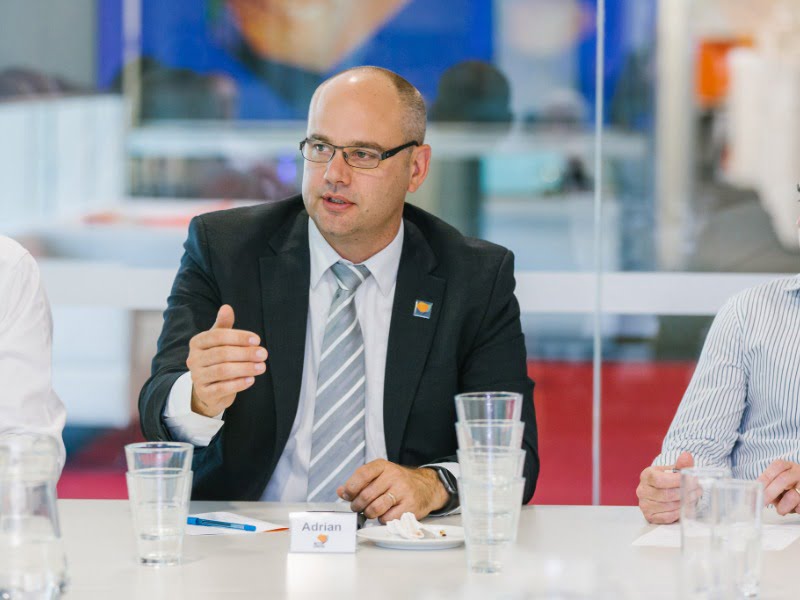It has been fascinating to watch the initial reactions to the Budget in the areas of industry, science and innovation.
At first pass, it looked modest. But when you look carefully across all the elements of the Budget, hidden from the headlines there is a long game being played.
What I saw in the 2023-2024 Budget was the first step in a long journey of rebuilding Australian capability. I think people underestimate just how important those investments are.
I was pleased to see the that the short term sugar hits were gone, and the big bucks to the high profile influencers were missing.
And while this Budget may lack the sensational headlines we’ve grown used to, we saw a much more measured approach to reinvesting in local capability. Of course, from my perspective, I am looking at initiatives like the Industry Growth Program.

Here is a strategic program specifically designed to build local capability. It will help create robust small to medium Australian businesses, allowing them to create capacity, to build skills, and to establish systems, tools, people and processes to scale from larger investments. To grow capability here onshore.
For too long success in Australia has only been recognised once a local innovation or business is acquired by an international company. We have too few examples of our local innovation being globally successful from down under.
We need to see more of our innovation exported as a product or service, not sold as an asset for others to benefit from.
This could be the beginning of a long and enduring legacy for this government, if they’re able to stay true to their ambition, and continue to build upon the commitments of this budget.
Maybe we’re all too used to the big headlines, addicted to the cash splash and wanting our piece of the pie as quickly as possible. There will always be some out there who are bitterly disappointed.
This is where the tough decisions matter. For me, the balance is not about how much to spend to avoid inflation, it is about how much to spend on current issues, while also investing in the long game. This balance is not an easy one – and impact over time is hard to see.
But if we can be bold, ambitious and patient in equal measure – we will have more Australian companies to choose from with the capabilities we need. Companies who can be the translation engine for our local innovation.
For example, if we want to capitalise on the opportunities of a net zero transition, we will need far more local capability in clean energy. We will need to support more Australian businesses looking to commercialise and manufacture renewable technologies.
Sustained investment in capability will create jobs, it will foster skills, and it will build our local economy for our future, allowing us to retain a greater share of the rewards.
And even though this budget may feel like business as usual for some, when it comes to investment in innovation – it could be one small step that creates the commercialisation giant leap that Australia needs.
Terms like ‘incremental strategic investment’ and ‘long term ambition’ may not create the headlines we are used to, but the commitments of this budget will build capability that will benefit Australia for decades to come.
If we can keep focus on the bigger picture, we may start the reconstruction of Australian capability.
Ambition should not be measured by cash grabs, throwing a large volume of money at a cause, or picking a solution and hoping it sticks. If there is one thing China should have taught us, it’s the advice of Lao Tzu: “The journey of a thousand miles begins with one step.”
Transforming Australian capability requires a long-term commitment to change. While you can never make everyone happy, investing in capability is a positive step in the right direction.
This budget has the potential of putting us on the right pathway to rebuilding our local capability – so that Australia can do more onshore.
Do you know more? Contact James Riley via Email.

